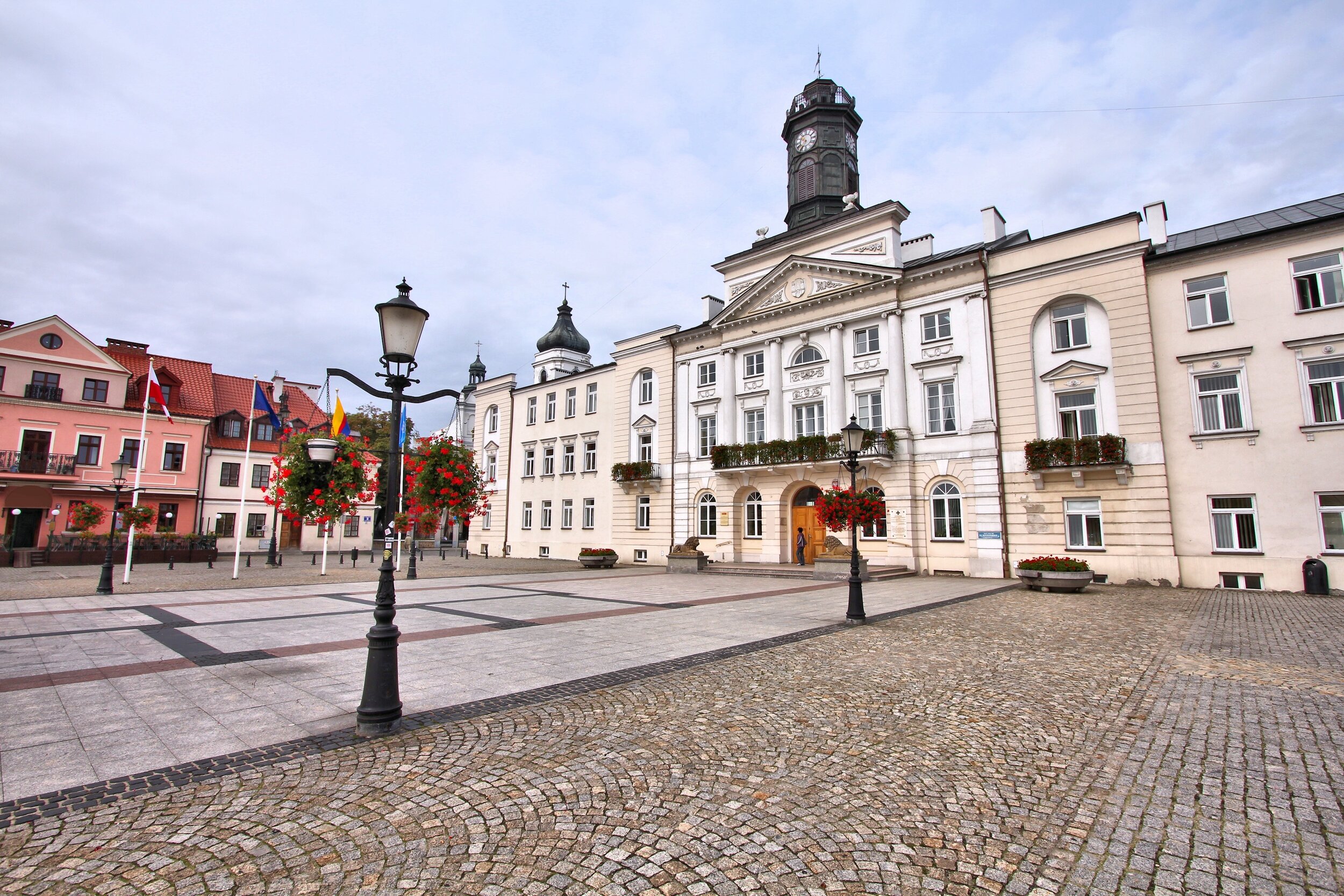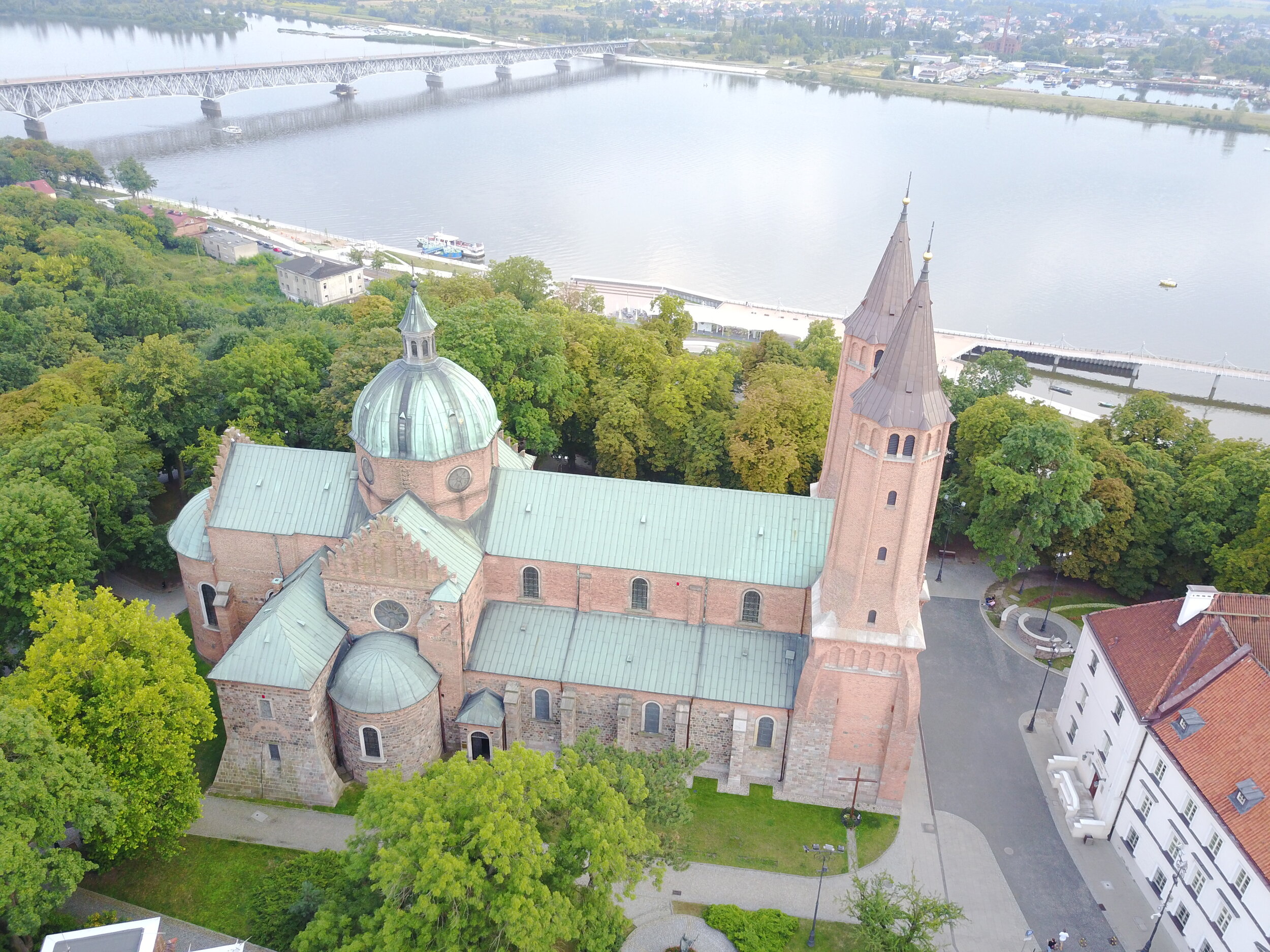
Plock, Poland
Our relationship with Plock, Poland began in 1989 and became official in 1990. This longstanding accord has led to multiple exchanges and relationships.
This sister alliance has led to many exchanges including Plock’s Wisla Folk Ensemble appearing multiple times in Fort Wayne; several Fort Wayne teachers conducting summer classes in English in Plock; as well as celebrations in both cities commemorating anniversaries of the alliance.
About Plock
LEADERSHIP:
Committee Chair: Ami Winebrenner
RESOURCES:
www.geocities.com/arekgondek/
www.poland.pl/
www.matchc.com/travel/Plock.html
www.poland.com/business/
www.polandtour.org/
FORT WAYNE POLISH ORGANIZATIONS:
HISTORY
Throughout its history, Poland has proven to be a resilient nation, disappearing for decades as a result of being annexed by neighboring nations.
Poland suffered millions of casualties during World War II, and the end of that holocaust brought domination by the Soviet Union. Following forty years of being behind the Iron Curtain, a labor movement called Solidarity, influenced the Soviets to loosen control, and in 1989, the Soviet Union lifted the Iron Curtain. The following year Poland began the process of political liberalization, and the transition to a free-market economy.
LANGUAGE
The language spoken in Poland is Polish. It is closely related to Czech and is placed in the Slavic branch of the Indo-European linguistic family just like English.
EDUCATION
The education of Polish society was a goal of rulers as early as the 12th century, and Poland soon became one of the most educated countries in Europe. A major reform of the education system took place in 1999, changing the overall organisational structure. Poland's educational rankings for reading and science shifted from being below average to being in the top 10, and to the top 15 for mathematics.
TERRAIN
Poland is an area of flat, fertile plains with mountains in the south, and the Baltic Sea in the north. The country is surrounded by several nations formerly behind the Iron Curtain: Germany, the Ukraine, Belarus, Slovakia, and the Czech Republic. The capital, Warsaw, is near the center of the country. The population of approximately 39,000,000 is predominantly Roman Catholic.



